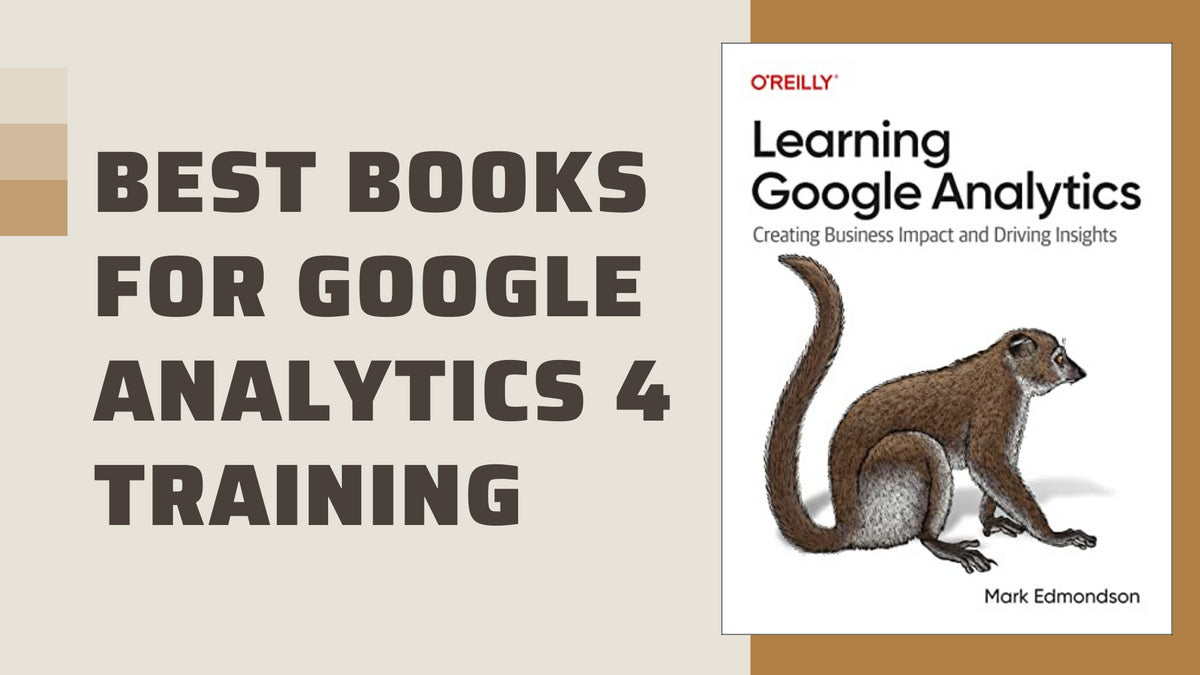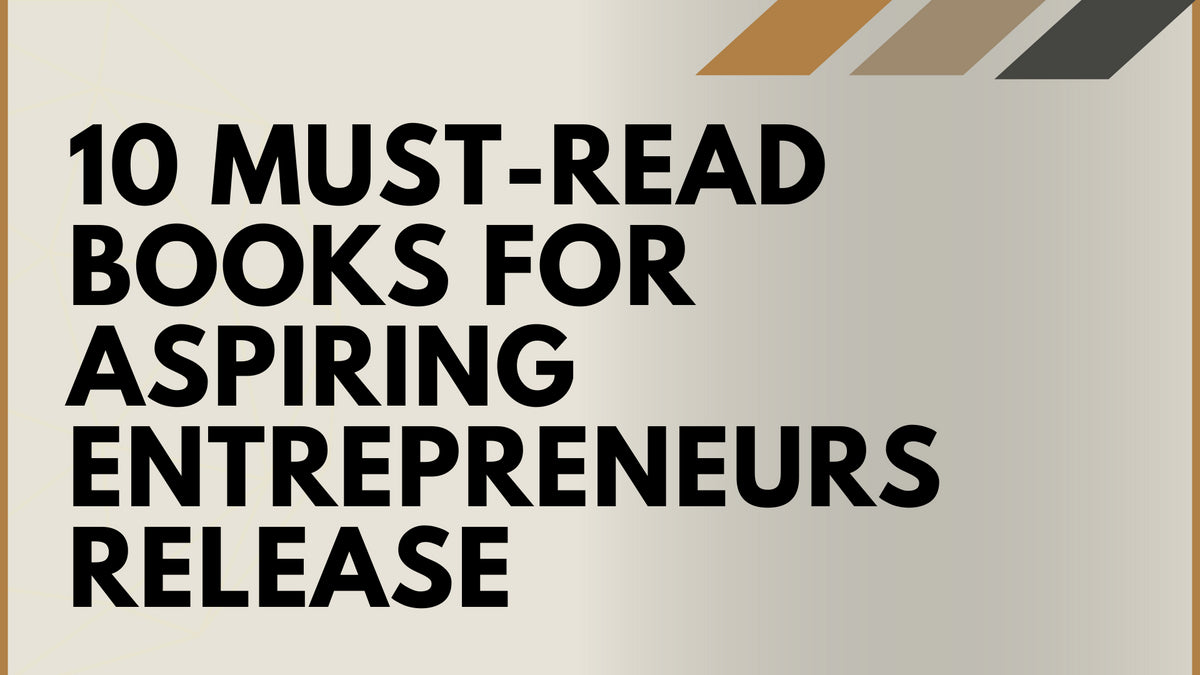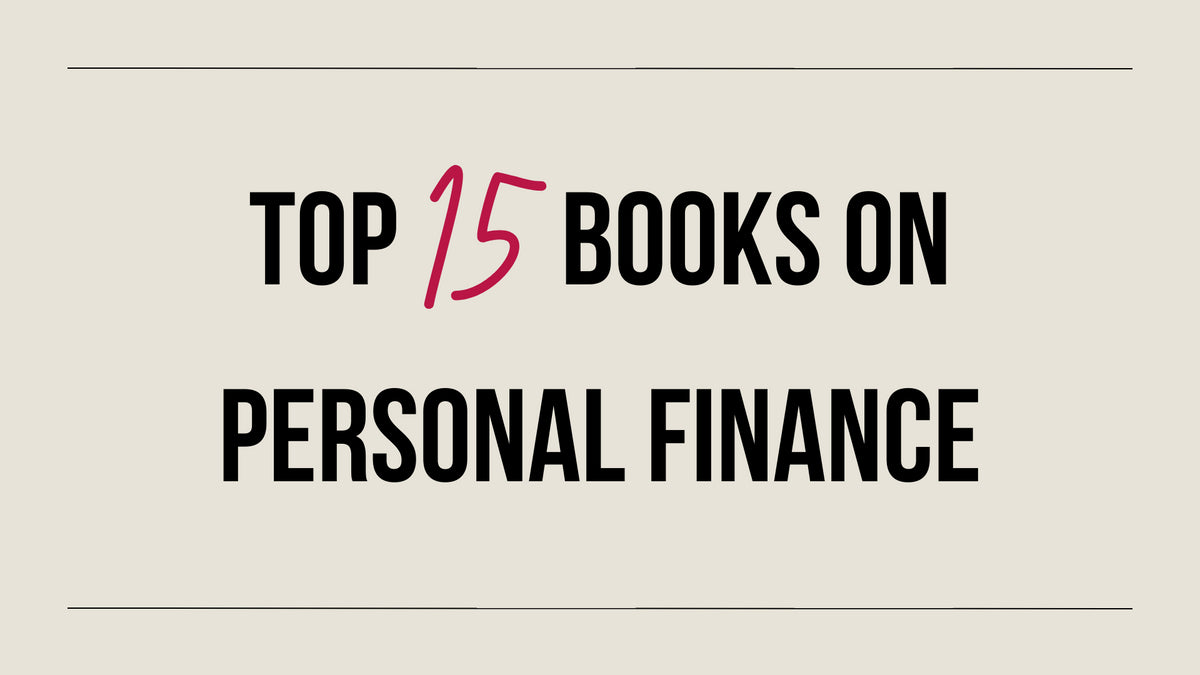Your Cart is Empty
The Checklist Manifesto Book Summary: Why You Need A Checklist
Listen To This Article
The Power Of Using A Checklist
The easy access to information is a two-edged sword. On the one hand, a huge amount of information is available through tech-based technologies used for training and delivering services. On the other hand, the complexity and sheer volume of knowledge available today exceeds the ability of most humans to consume. The result is people are merely coping rather than excelling as they increasingly specialize, leading to more mistakes and failures and more difficulty in finding solutions to demanding and complex problems.Specialization in the medical field, for example, is causing unintended consequences, says Dr. Gawande. Medical practitioners are boxing themselves in in their areas of expertise, which leads to overlooking some basic solutions to medical problems and is even resulting in preventable patient deaths.
Dr. Gawande presents the argument that simplifying is the answer to better knowledge management, and checklists offer the easiest method of simplification to concisely drill down to what is important and to find solutions to complex problems. The principles and checklist strategy presented in this book offers practical advice for medical and non-medical persons who are seeking greater efficiency and some assurance that critical steps are not overlooked.
Learn To Leverage A Checklist For Better Performance
- Extreme complexity and specialization are best managed through the use of checklists that are consistently used and regularly improved
- People are subject to two main difficulties:
- When under stress or strain, they tend to overlook routine matters to meet immediate demands
- It is common for people to skip steps, even when they remember them, rationalizing the skipping in their minds
- Checklists overcome the two main difficulties by ensuring people are applying their knowledge and expertise in a consistent manner
- Checklists may be impractical as far as detailing every step of a project or procedure because each event is unique, but in those cases, they can ensure manageable complexity by listing communication steps between people, departments, and functions
- Checklists can empower people by giving them common goals for action
- In most complex situations, it is impossible to dictate every step, so it is important to find balance between giving people room to act and meeting goals, providing reliable management of a complex situation
- The World Health Organization (W/HO) successfully adopted the checklist strategy for a global program to reduce avoidable deaths and harm from surgery
- Best practices in making a checklist include keeping it between 5-9 items, which is the limit of working memory, use precise wording, and more
- Checklists are not just for ticking off boxes but are rather for embracing a culture of discipline and teamwork = think: communication

Featured In This Review
The Checklist Manifesto
$8.49
Learn how checklists can change your efficiency, effectiveness, and freedom to be more creative. Get the right things done and faster.
SHOP NOWThe Checklist Manifesto Book Summary
There are many ways to solve a problem in a world of extreme specialization and complexity. Though Dr. Atul Gawande is writing for the modern medical industry, his premise of using checklists to better manage complex information and problem-solving applies to all people who struggle to manage.
In fact, Dr. Gawande points out that people are so often bogged down in complexities that they fail to try the most obvious and common sense solutions. Preventable patient deaths are occurring because medical machinery is not properly serviced, teams are unable to move fast enough to perform a needed procedure, and simple mistakes are made, like failing to follow simple hand-washing routines to prevent infections. For more perspective on this the book The Messy Middle talks about how systems can be good and bad as well.

Dr. Gawande writes about the most serious medical situations, but makes it clear through examples that the same principles apply to businesses across industries. He describes numerous real-world examples of specialization in industries as diverse as construction, aviation, the military, retail, investment, and even rock bands taking their shows on the road. One of the main reasons checklists work, other than documenting critical steps to the best solutions, is that they can coordinate the activities of diverse teams and people. Coordinated effort is a very big part of the wonderful leadership book The Advantage by Patrick Lencioni.
The book provides in-depth descriptions of checklists used in real world complex situations. This is not simply about making a list. Checklists can empower people to act in complicated situations, like responding to a disaster. When Hurricane Katrina ravaged New Orleans, government officials were stymied by a need to get approval to act from higher ups. Empowering your team is something Tim Ferriss is very passionate about in his book 4 Hour Workweek.

The result was an Orwellian situation in which supply trucks stopped delivering much needed aid and rescue crews stopped rescuing. The Homeland Security official called it an “ultra-catastrophe” that “exceeded the foresight of planners.” Dr. Gawande described it as a “complex situation.” He then described Wal-Mart’s recognition of the complexity of the circumstances with the CEO giving all managers the power to react, which they did with great efficiency. The senior officials concentrated on developing goals, measuring the benchmarks reached, and maintaining strong communication with team members in the front lines. The role of checklists in conditions of true complexity is to ensure critical steps are not overlooked and to ensure people talk, coordinate, and accept responsibility while left to act as necessary. For more on how to structure these responsibilities read the book Traction.
Want to buy a book review like this?
Click here to learn how to get your book reviewed!
Checklists are scalable and can be used for small events and global programs. They are adaptable and can be used for routine and non-routine purposes. Checklists are applicable in every industry. These are not meant to be ‘how-to’ guides and should offer pause points in which people stop at key points to confirm they have not missed critical steps. Checklists done right empower people to act and ensure people communicate with each other, providing another level of accountability. The books Essentialism and The ONE Thing talk about how poisonous checklists can be if done poorly. It is recommended to read one of those books after this one.

It is tempting to scoff at the idea of using checklists because we like to believe our jobs are so special and complicated that they cannot be reduced to a checklist. Yet, we use checklists all the time without thinking about it in terms of a list of items essential to consider.
For example, nurses use checklists for taking vital signs, and annually, millions of people go through a tax software checklist to ensure every deduction is taken and the law is followed. In neither situation does the checklist describe how to take a temperature or how to fill out a tax form. Success this way as well as the resistance that change brings is shared in great detail in the book about success: Outliers.
Medical care and tax calculations are just two examples of complex environments. Checklists work because the human memory is faulty and people are subject to distractions. They also decide without thought that some steps are not important in certain situations, so they skip them. Dr. Gawande uses his own experiences and his discussions with industry professionals to add the human experience to his descriptions and reasoning behind checklists. Jocko Willink would surely support the discipline and teamwork aspects Gawande shares as he discusses similar ideals in his book Extreme Ownership.

One of the main points the author wants readers to grasp is that even experts can gain from identifying patterns of mistakes and failures and putting a checklist in place to avoid them in the future. Checklists add discipline to people’s thought processes, and in an age of increasing information flows and complexity, discipline is sorely needed.
About The Author Atul Gawande
Atul Gawande, MD, MPH is a surgeon at Brigham and Women’s Hospital and a professor at Harvard Medical School and the Harvard T.H. Chan School of Public Health. Born in Brooklyn in 1965 to two Indian parents, he was raised in Ohio and attended Stanford University. Dr. Gawande earned a Rhodes Scholarship to study at Oxford where he earned a master’s degree in philosophy, politics, and economics in 1989. He earned his medical degree from Harvard Medical School in 1995 and earned a Master of Public Health from the Harvard School of Public Health in 1999.
He founded and chairs the Ariadne Labs and Lifebox, both enabling him to pursue his passion for helping others. Ariadne Labs is a joint center for health systems innovation, and Lifebox is a nonprofit organization working to make surgery safer globally. From 2018-2020, Gawande was CEO of Haven, a joint effort of Amazon, JPMorgan Chase, and Berkshire Hathaway to improve health outcomes and the patient experience, and to lower costs for their U.S. employees and family members. In 2020, Dr. Gawande was named as Chairman of Haven.
In addition to his medical responsibilities, Dr. Gawande is a researcher and prolific author. He is a staff writer for The New Yorker magazine and has written four books that made it to the New York Times best selling list. They are Complications, Better, The Checklist Manifesto, and Being Mortal: Medicine and What Matters in the End. He has won two National Magazine Awards, a MacArthur Fellowship as a named genius, the Academy Health’s Impact Award for having the highest research impact on healthcare and the Lewis Thomas Award for writing about science.
Want to buy a book review like this?
Click here to learn how to get your book reviewed!
Leave a comment
Comments will be approved before showing up.
Also in Books

The Best Books for Google Analytics 4 (GA4) Training
Unlock the secrets of Google Analytics 4 with our curated list of the best GA4 training books for 2023! Dive deep into actionable insights, master advanced techniques, and lead the digital analytics revolution. Don't get left behind; discover the ultimate resources to dominate GA4. Click now to elevate your skills!
Read More
10 Must-Read Books for Aspiring Entrepreneurs
Do you dream of starting your own business? If so, you need to read this article! We've compiled a list of 10 must-read books for aspiring entrepreneurs. These books will provide you with the knowledge and inspiration you need to turn your dream into a reality. Click here to read the article and learn more!
Read More
Top 15 Books on Personal Finance
Are you looking for a safe and informative place to learn about personal finance? If so, you've come to the right place! This article discusses the top 15 personal finance books on the market, all of which are sure to help you improve your financial situation without any explicit sexual descriptions or that is sexually suggestive in nature or is primarily intended to cause arousal.
Read More